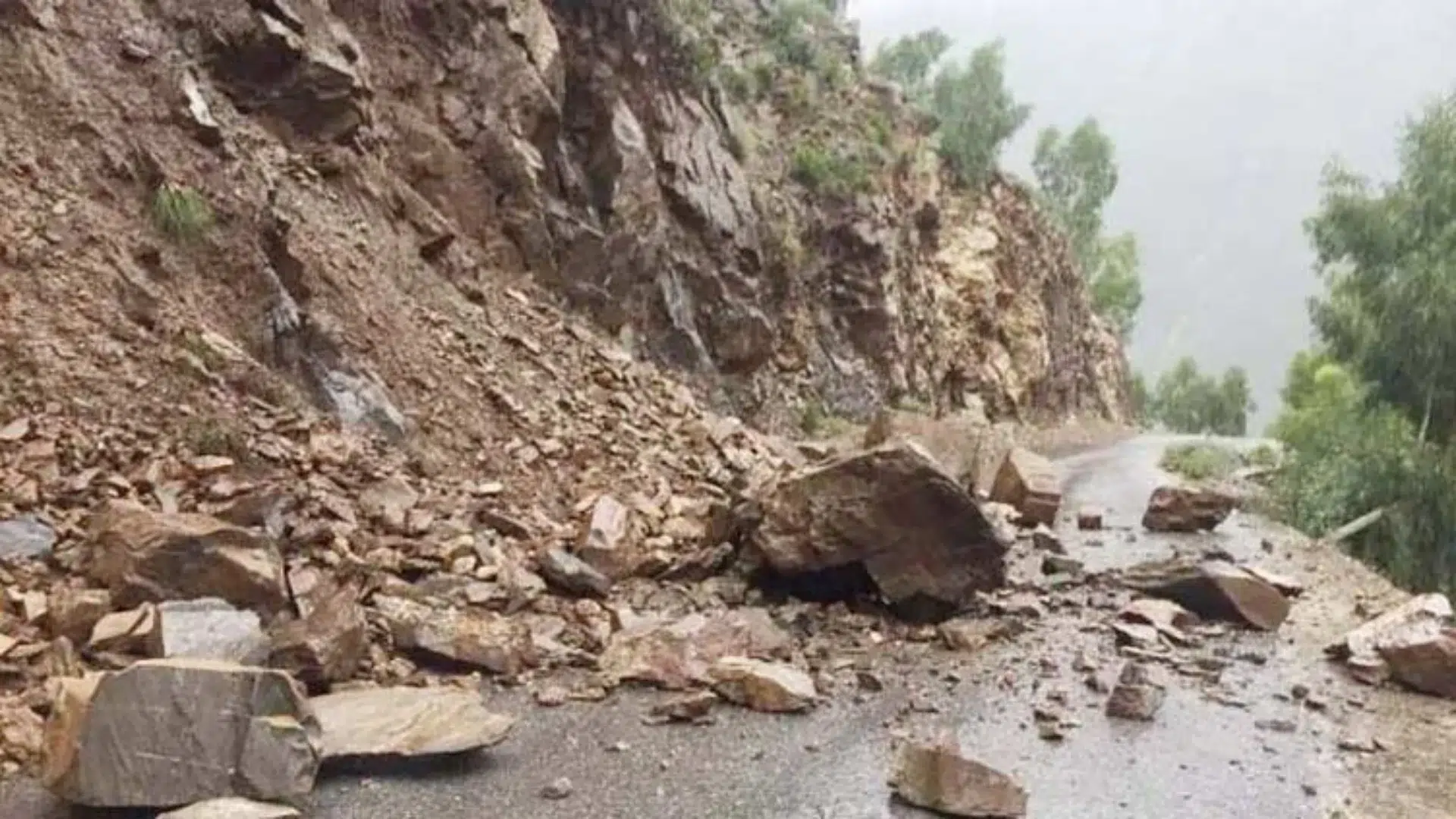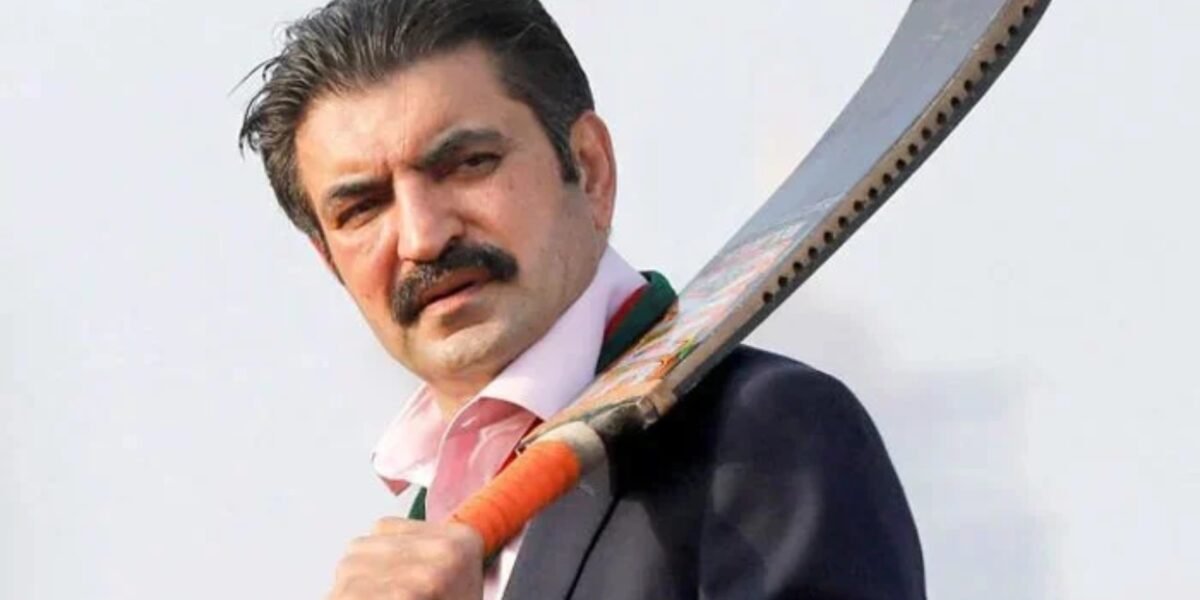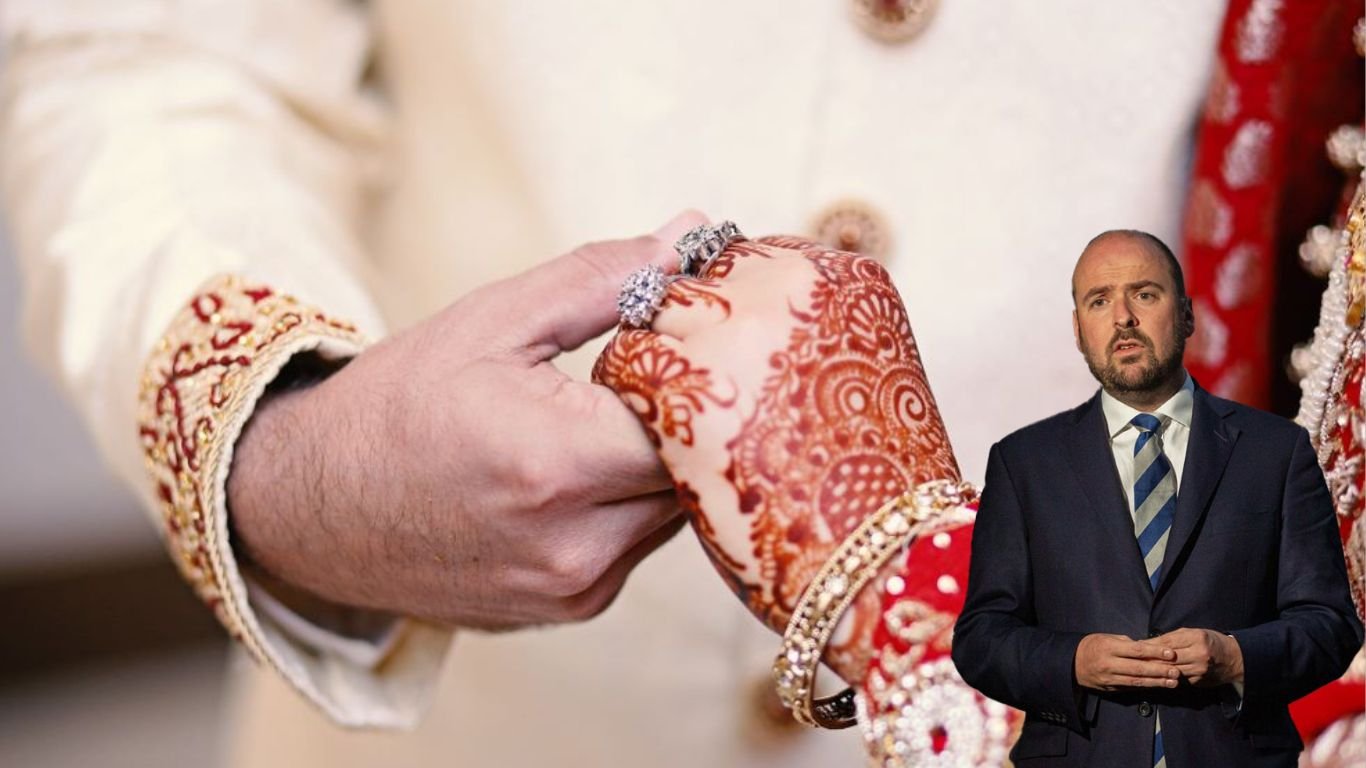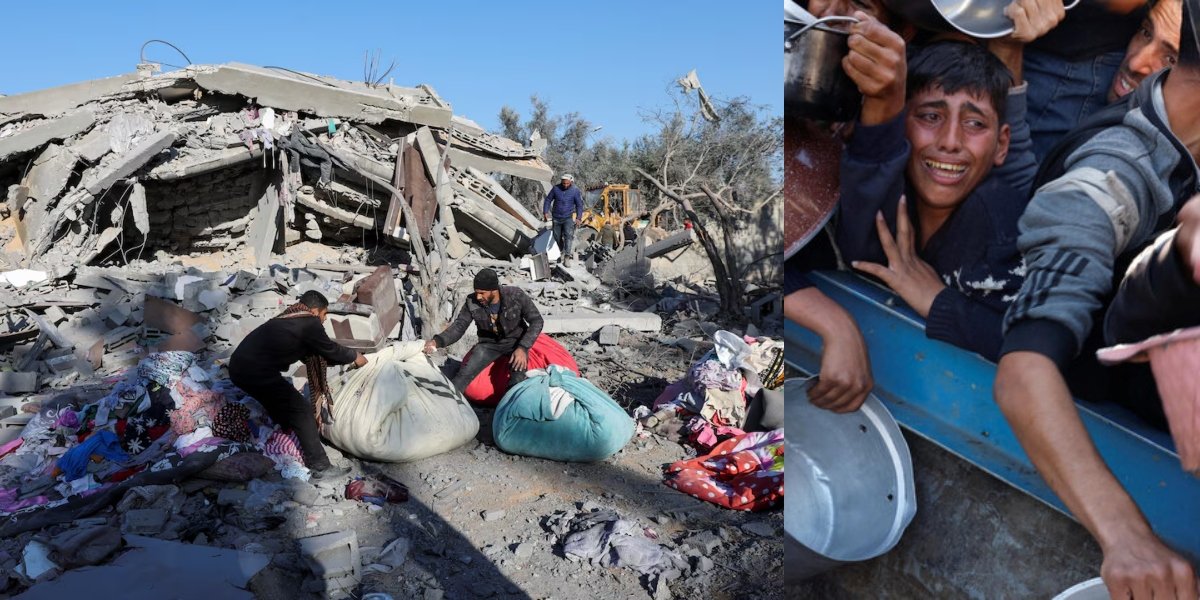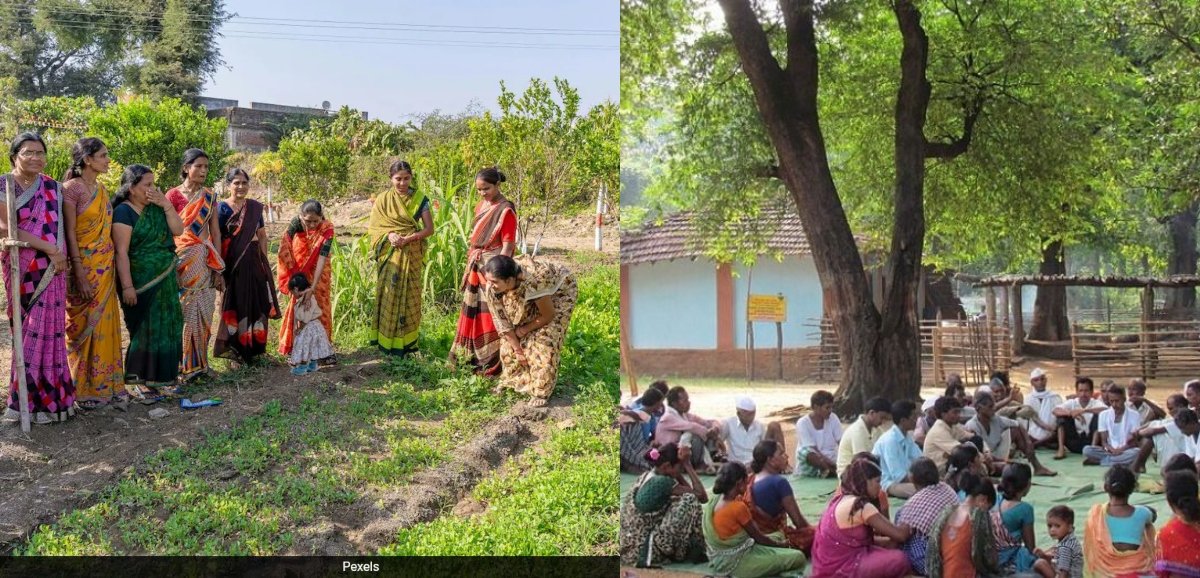MONDAY: In a dramatic turn of events, Bangladesh’s Prime Minister Sheikh Hasina Wazed resigned and fled to India after over a month of intense and bloody unrest. Her son, Sajeeb Wazed Joy, confirmed that there will be no political comeback for his mother.
Speaking to Newshour on the BBC World Service, Sajeeb Wazed Joy disclosed that Hasina had been contemplating resignation since the previous day. He explained that the decision to leave was made for her own safety after family insistence. “She has no intention of returning to politics. She is profoundly disappointed that after all her hard work, a minority has risen against her,” he stated.
Hasina’s departure follows some of the worst violence in Bangladesh since its independence over five decades ago, with over 300 people killed in protests. Sajeeb defended his mother’s tenure, highlighting her role in transforming Bangladesh from a struggling state into one of Asia’s rising economies. “When she took over, Bangladesh was considered a failing state. Today, it is seen as one of the rising tigers of Asia. She’s deeply disappointed by this turn of events,” he added.
Rejecting accusations that Hasina’s administration had incited violence against anti-government protesters, Sajeeb pointed to the death of 13 policemen among others. “What do you expect the police to do when mobs are beating people to death?” he questioned.
Read More: Bangladeshi President orders release of ex-PM Khaleda Zia after Hasina’s resignation
The resignation was announced by Army Chief General Waker-Uz-Zaman in a televised address, who also mentioned the formation of an interim government. The army’s role in quelling the violence has been scrutinized, with retired military officers urging Hasina to seek political solutions rather than deploying troops.
Reports indicated that Hasina, 76, was flown out in a military helicopter with her sister, heading to India. CNN News 18 reported her arrival in Agartala, the capital of India’s northeastern state of Tripura.
This marks the second time Hasina has chosen India for self-exile. Sheikh Hasina previously spent six years in Delhi under an assumed identity following the 1975 assassination of her father, Sheikh Mujibur Rahman, and other family members.
The unrest peaked as student activists called for a march to the capital, defying a nationwide curfew. Deadly clashes on Sunday resulted in nearly 100 deaths, including 13 policemen.
Television footage showed thousands of jubilant protesters in Dhaka, storming Hasina’s official residence ‘Ganabhaban,’ chanting slogans and displaying victory signs. Some were seen carrying away furniture and other items from the residence, one of the country’s most secure buildings. Protesters also vandalized a statue of Sheikh Mujibur Rahman, Hasina’s father, by chiselling away at the head.
Human rights groups and critics have accused Hasina’s government of excessive force against protesters, allegations that she and her ministers have consistently denied.








